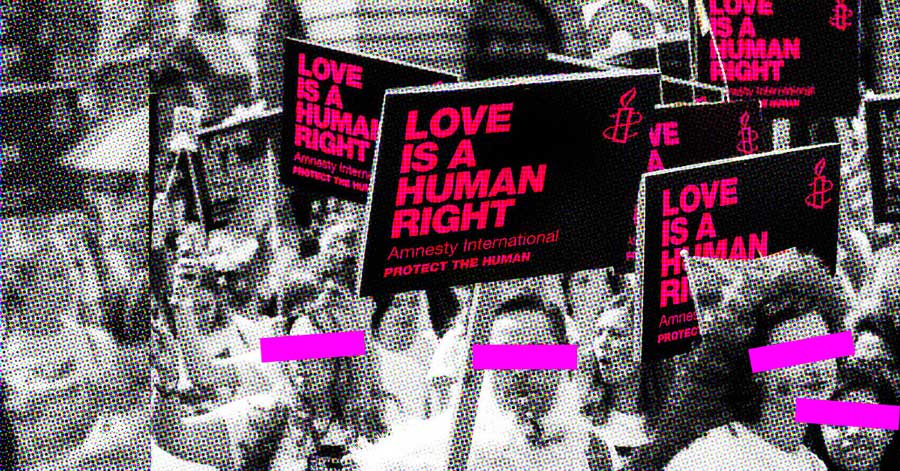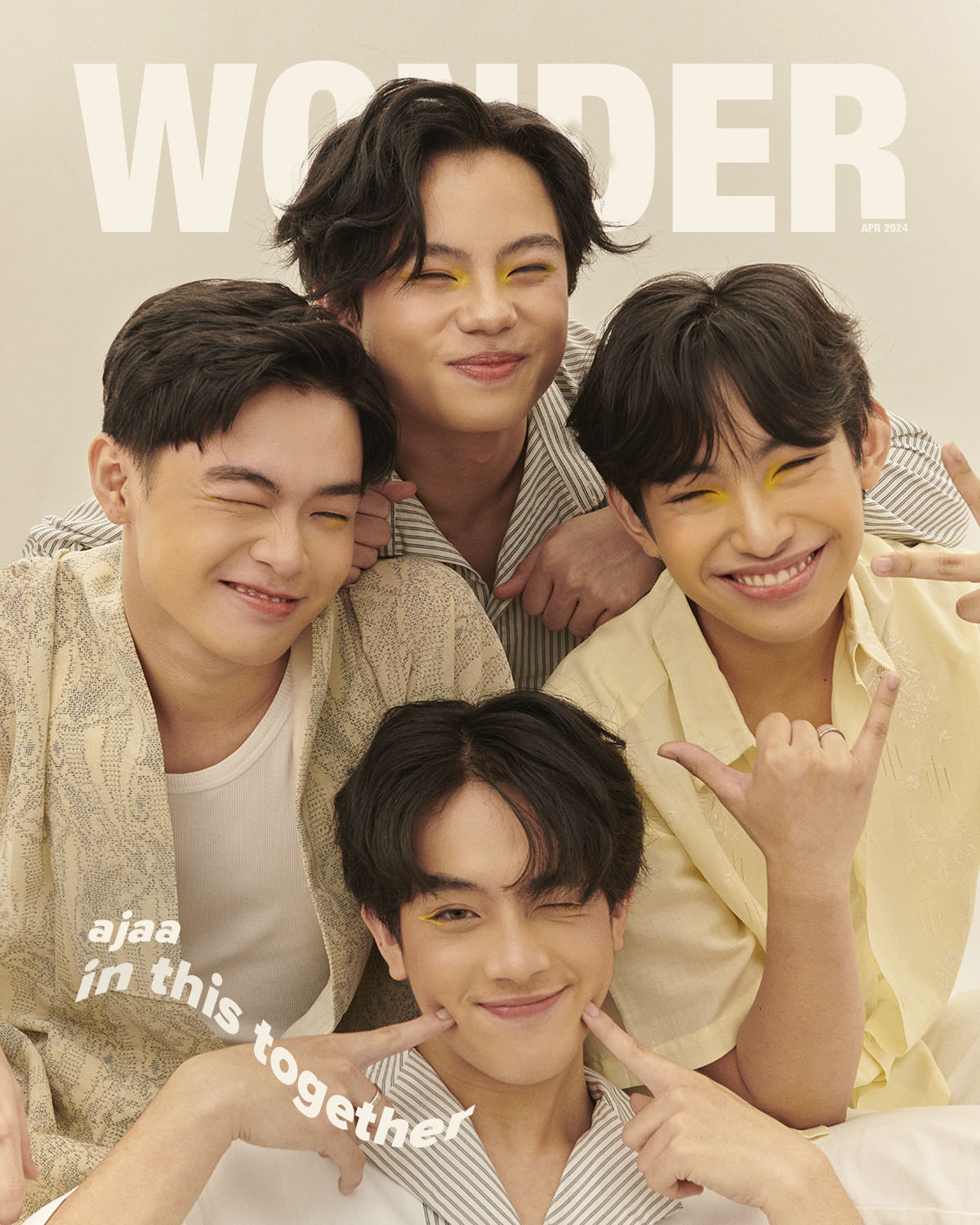Consider these decrees advocating for reform towards a diverse, inclusive space for all
Hosted by the University of the Philippines College of Law, the second installment of the UP College of Law Gender Law and Policy Program’s (GLPP) online workshops explores the topics of “LGBTQIA+ Discrimination, Harassment, and Bullying; Gender Mainstreaming” under the current legal framework. The discussion covers the Safe Spaces Act and other prominent anti-discrimination legislation in the country.
The pioneering law-based program on gender research and extension services aims to observe, promote and fulfill gender equality for members of law and the larger society to enjoy human rights to the fullest—without any discrimination.
Gender Mainstreaming
Gender mainstreaming is the globally accepted approach to further promote gender equality. As per the United Nations Entity for Gender Equality and the Empowerment of Women, “mainstreaming involves ensuring that gender perspectives and attention to the goal of gender equality are central to all activities—policy development, research, advocacy/ dialogue, legislation, resource allocation, and planning, implementation and monitoring of programmes and projects.”
Spearheading the discussion on the subject is Atty. Clara Rita A. Padilla of EnGendeRights, Inc., which was founded to “advocate for the woman’s right to sexual and reproductive self-determination free from discrimination, coercion and violence.” Her ceaseless efforts, and that of her peers, to advance the rights of women and members of the LGBTQIA+ community in the country, in the face of adversity, is unmatched.
RELATED: It’s Pride Month, So Let’s Talk SOGIE & A Little Thing Called Respect
Laws Protecting the Rights of LGBTQIA+ Individuals Against Discrimination
To help contribute to awareness building on laws protecting LGBTQIA+ individuals and families using the current legal framework, here are laws to remember and consider:
Safe Spaces Act (RA 11313)
Gender-based harassment committed in public spaces—in the streets, professional, training and educational institutions, plus online—covers unwanted comments, gestures and actions forced on a person without their consent and is, ultimately, directed at them because of their actual or perceived sex, gender, gender expression or sexual orientation and identity. This includes misogynistic, transphobic, homophobic and sexist slurs or gestures that ridicule on the basis of sexual orientation.
Types of Gender-Based Online Sexual Harassment
For gender-based sexual harassment using information and communications technology (online), it is classified by acts of terrorizing and/or intimidating victims through physical, psychological and emotional threats. This covers unwanted sexual, misogynistic, transphobic, homophobic and sexist remarks and comments online whether publicly or through direct and private messages.
This also includes uploading and sharing any form of media that contains photos, voice or video with sexual content, without the consent of the victim. Additionally, invasion of privacy through cyberstalking and incessant messaging is covered.
Learn more about it here.
Quezon City Gender-Fair Ordinance
Otherwise known as the “gender-fair city,” Quezon City protects members of the LGBTQIA+ community with an ordinance, drafted by Atty. Padilla herself, prohibiting all kinds of discrimination in their respective residence, workplace and educational institutions. This prohibits discrimination in employment, education, delivery of goods or services and accommodation.
Organized groups and activities that promote and incite discrimination against persons based on actual or perceived SOGIE are perpetrators; as with entities who disallow LGBTQIA+ individuals entry and refuse service in public spaces. Additionally, Quezon City requires all public and private establishments to provide all-gender toilets.
Learn more about it here.
RELATED: Safe Spaces: A List of “Whatever Gender” Bathrooms in Metro Manila (And Beyond)
Anti-Sexual Harassment Act of 1995 (RA 7877)
There are many documented rape cases committed against members of the LGBTQIA+ community, with some unfortunate instances of unwanted pregnancies and worse, suicide. Republic Act 7877 protects individuals from any unwanted conduct of a sexual nature in an employment, education or training environment from any person who has authority, influence or moral ascendancy over another. This intensifies, most especially, when advances result in an intimidating, hostile or offensive environment for the employee, trainee or student.
Learn more about it here.
While we still await for the day when the SOGIE Equality Law (House Bill No. 4982), also known as the Comprehensive Anti-Discrimination Law, is passed in the country, which prohibits any kind of discrimination, violence and all forms of intolerance against members of the LGBTQIA+ community and beyond, we continue to fight the good fight. We advocate for reform towards a diverse, inclusive and welcoming space for all.
RELATED: Wonder Whiteboard Series: SOGIE Equality Bill
For more details, watch the full video on the University of the Philippines College of Law Facebook page to be uploaded soon.
If interested in attending the last webinar of the UP College of Law Gender Law and Policy Program on Saturday, September 5, reserve your slot by messaging Ms. Alexa Salugsugan via e-mail. Confirmed participants will be sent the Zoom link via e-mail.
Art Alexandra Lara


















